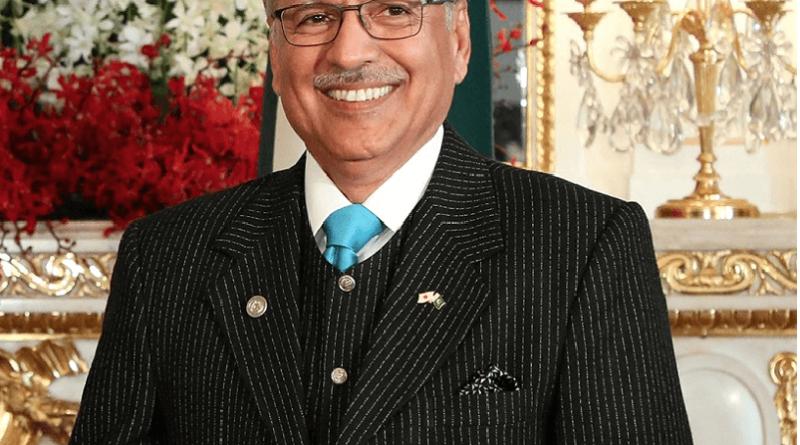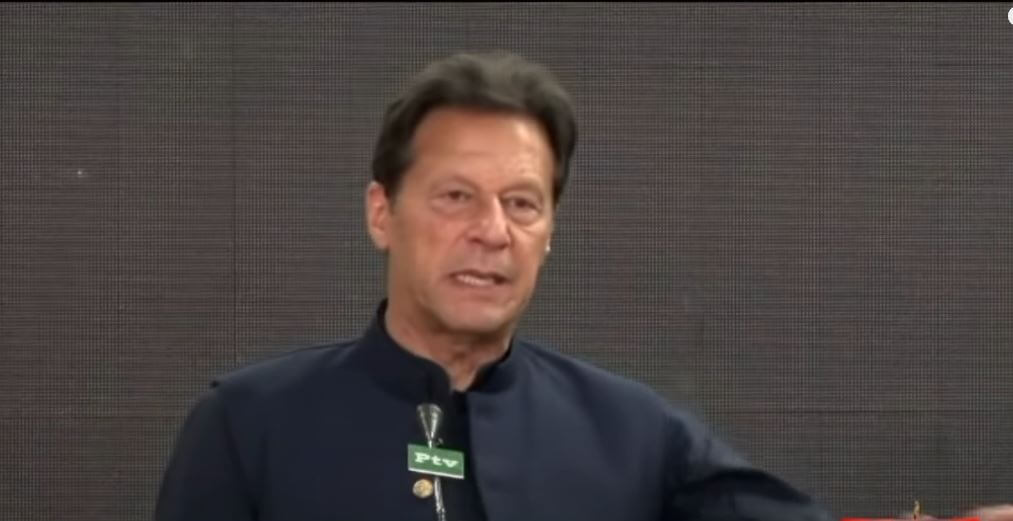President Arif Alvi declines to sign the election reform bill
President Dr Arif Alvi gave back an unsigned bill on Sunday seeking to reverse controversial changes created in election laws by the previous PTI govt regarding the use of electronic voting machines (EVMs) and i-voting for overseas Pakistanis, claiming that the proposed reversals were “regressive” in nature.
Last month, the National Assembly and Senate passed the measure, along with one on NAB modifications. Only the president’s assent was necessary for it to become law once it was approved by both chambers. However, Alvi returned the proposals, prompting the gov’t to summon a joint session of the NA and Senate on June 9 to debate the bills, which were adopted the same day.
After measures are enacted by the joint session, they are forwarded to the president for his assent once again. If the president does not grant his consent within 10 days, it is assumed that he has.
Despite this, Alvi returned the elections reform measure unsigned today.
Dr Alvi stated in a statement published by the President’s Secretariat that he had not signed the bill “despite the fact that the Constitution that he defends would become law.”
He explained why he did not sign it, saying he had been following the issues of EVMs and voting for abroad Pakistanis with all govt, parliament, and the Supreme Court for more than a decade.
Dr Alvi stated that not signing a bill passed by Parliament had been “extremely hard” for him and that he wanted to “write his reasons for posterity.”
“The President stated that, aside from the proposed laws’ regressive nature, which he described in detail when he referred the bill back to Parliament, he believes strongly that technology today, particularly with EVMs when used judiciously, contains many answers that reduce the impact of confusion, discord, and accusations in our ‘ever-married’ and challenged election processes,” according to the President’s Secretariat.
“Technology can also increase transparency, make elections inclusive with the vote of our Overseas Pakistanis, boost trust, and minimise divisiveness in order to ultimately attain our elusive objective of free and fair elections,” it said.
Furthermore, the president wished for Pakistan to “leapfrog into the world of the future,” rather than only solving issues through the lens and experiences of yesterday, but via newer and better scientific methodologies that were accessible.
“He understands that this cannot happen without cross-party cooperation and wide stakeholder participation. Why this was not done, and why the obvious was not clear to opinion and decision-makers, will remain a mystery to him.”




